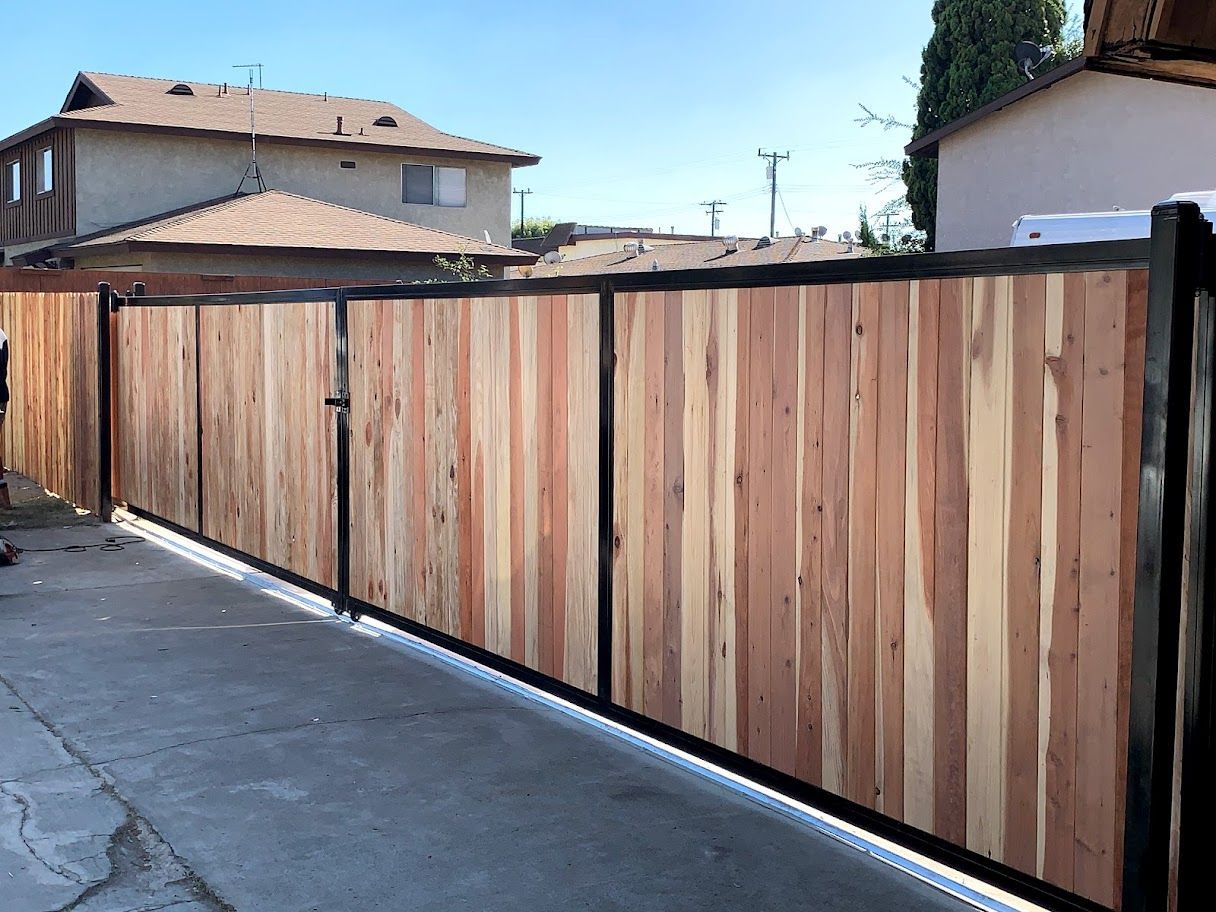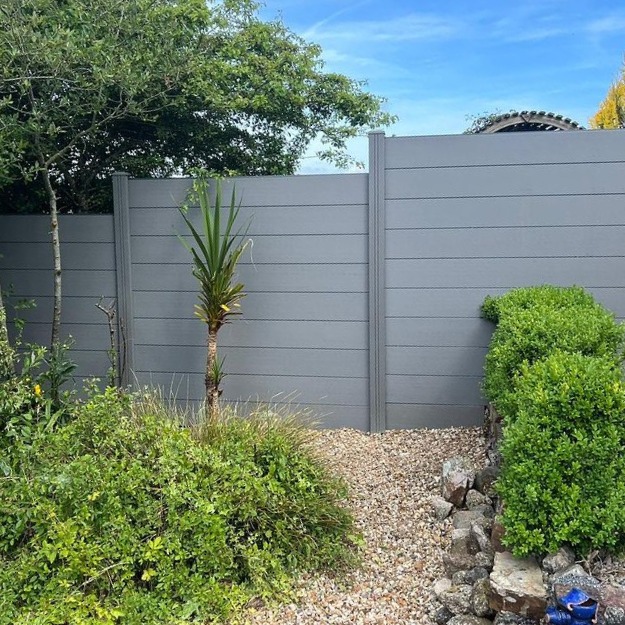All Categories
Featured

Choosing the ideal fencing material is necessary for attaining the equilibrium of durability, looks, and performance that fits your residential or commercial property. Wood, vinyl, and light weight aluminum are prominent choices, each with distinct features that accommodate specific needs. Right here's a thorough check out the advantages and downsides of these three materials.
Timber Secure Fencing. Pros:. Timeless Appeal: Wood provides an all-natural, traditional look that complements different building designs. Adjustable: It can be painted or stained in a range of design and colors. Cost effective: Timber fences are typically cheaper in advance than plastic or light weight aluminum. Eco-Friendly: As a sustainable source, wood is biodegradable and lasting when sourced sensibly. Cons:. Maintenance-Intensive: Requires regular discoloration, painting, or sealing to shield versus climate and insects. Shorter Life-span: Depending on the kind of timber and environment, it typically lasts 10-15 years. Susceptability to Damage: Prone to decomposing, bending, and termite damages without correct care. Timber is perfect for homeowners that value aesthetic appeals and agree to invest time and effort in maintenance to prolong its life.
Vinyl Secure Fencing. Pros:. Sturdy: Immune to parasites, rot, and weather condition, plastic preserves its framework in rough conditions. Reduced Maintenance: Requires little maintenance beyond periodic cleaning. Lengthy Life-span: Vinyl can last 20-30 years without considerable wear or damages. Functional Layouts: Readily available in different colors, textures, and styles, including options that mimic timber. Cons:. Costly Setup: Vinyl fencings are much more expensive to install contrasted to wood. Fragile in Winter: Plastic can crack in severe chilly climates. Tough to Repair: If harmed, whole areas might need substitute, which can be testing to match. Plastic fencing is a wonderful selection for those focusing on durability and minimal upkeep, also if it features a greater in advance expense.

Light Weight Aluminum Fencing. Pros:. Rust-Resistant: Light weight aluminum does not corrosion, making it ideal for moist or humid locations. Strong yet lightweight: Offers toughness without being overly hefty, which simplifies installation. Low Maintenance: Needs little greater than cleansing and occasional repainting. Longevity: Light weight aluminum fences can last for years without substantial damage. Elegant Styles: Commonly used for attractive purposes, light weight aluminum includes class to any residential property. Disadvantages:. High Preliminary Expense: Light weight aluminum fencings are among the a lot more expensive choices. Restricted Privacy: Often designed with open spaces, they do not obstruct sights or noise. Prone to Damages: While sturdy, light weight aluminum can be nicked or curved with hefty influence. Aluminum is ideal suited for those that want a resilient, stylish fencing and don't call for full personal privacy.
Making the Right Option. Each product has its toughness and weak points:

Wood is best for typical appearances and eco-conscious buyers who do not mind maintenance. Vinyl helps homeowners looking for a weather-resistant, low-maintenance remedy. Light weight aluminum is a resilient, decorative alternative for those who desire elegance and durability. Consider your top priorities-- whether it's expense, maintenance, privacy, or look-- and get in touch with a fence expert to pick the product that ideal satisfies your requirements. A well-selected fence will certainly improve your building for many years to come.
Latest Posts
Discover Limited-Time Auto Repair Specials in Chicago at Montclare Auto Repair
Published May 27, 25
1 min read
Secure Your Home with Top Quality Residential Roof Covering
Published May 26, 25
1 min read
Enhance Your Home with Expenses Door Solution
Published May 23, 25
1 min read